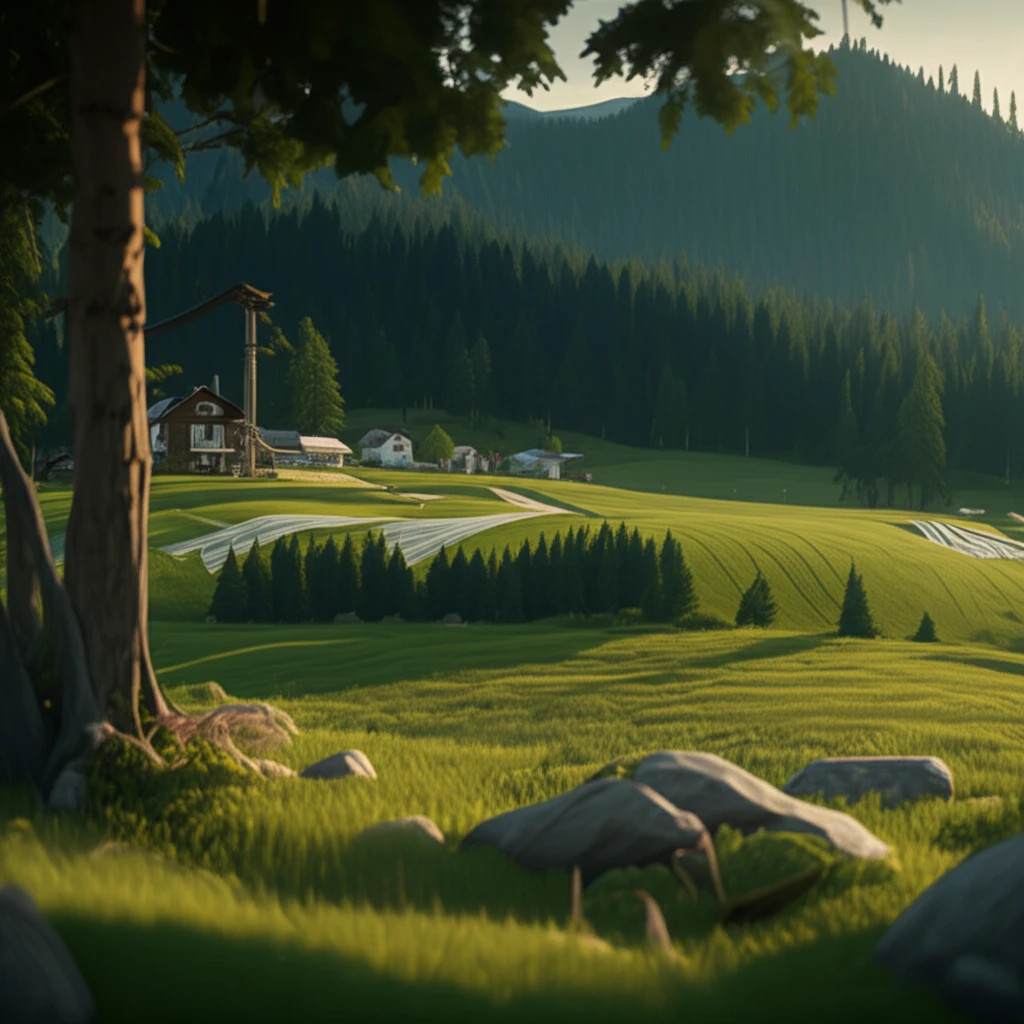
Greener Pastures: How Sustainable Land Use Can Revitalize Russia's Economy
"Discover how Russia is balancing economic growth with ecological responsibility through innovative land management strategies."
In an era defined by climate concerns and the urgent need for sustainable practices, Russia is stepping up its efforts to improve land use management. This initiative isn't just about preserving the environment; it's a strategic move to boost regional economic development and ensure long-term prosperity across its diverse territories.
Following the dissolution of the Soviet Union, Russia embarked on significant economic reforms, including the privatization and decentralization of land ownership. These changes aimed to enhance agricultural productivity and stimulate sustainable regional growth. However, this transition introduced challenges such as uneven land distribution, unclear property rights, and insufficient investment in rural infrastructure.
Now, by integrating ecological considerations into land use planning and leveraging technological innovations, Russia aims to maximize resource efficiency and promote sustainable development. This approach not only addresses environmental concerns but also unlocks new opportunities for economic growth and resilience in a rapidly changing global landscape.
Balancing Act: Russia's Strategies for Sustainable Land Use

Russia's vast territory, characterized by diverse climates, topographies, and ecosystems, presents unique opportunities and challenges for sustainable land management. Maximizing resources through strategic land use is essential for ensuring the economic success and resilience of Russia's regional economies. Here's how Russia is leveraging its natural resources while tackling implementation challenges:
- Urban Planning: Reduces urban sprawl and improves living conditions through efficient space utilization and green infrastructure.
- Conservation Policies: Protects vulnerable ecosystems and ensures responsible resource extraction through environmental impact assessments.
- Cooperation and Compliance: Encourages broad adoption of sustainable practices through clear guidelines and incentives.
- Tech Integration: Combines modern technologies with traditional knowledge to foster innovation while preserving indigenous practices.
A Balanced Future for Russia
Sustainable land use in Russia is more than just an environmental goal; it's a strategic approach to securing the long-term prosperity of its regions. By embracing innovation, enacting supportive policies, and engaging local communities, Russia is paving the way for a future where thriving economies coexist harmoniously with healthy ecosystems. This commitment to balanced prosperity ensures that Russia's regions will serve as models of sustainable development for generations to come.
